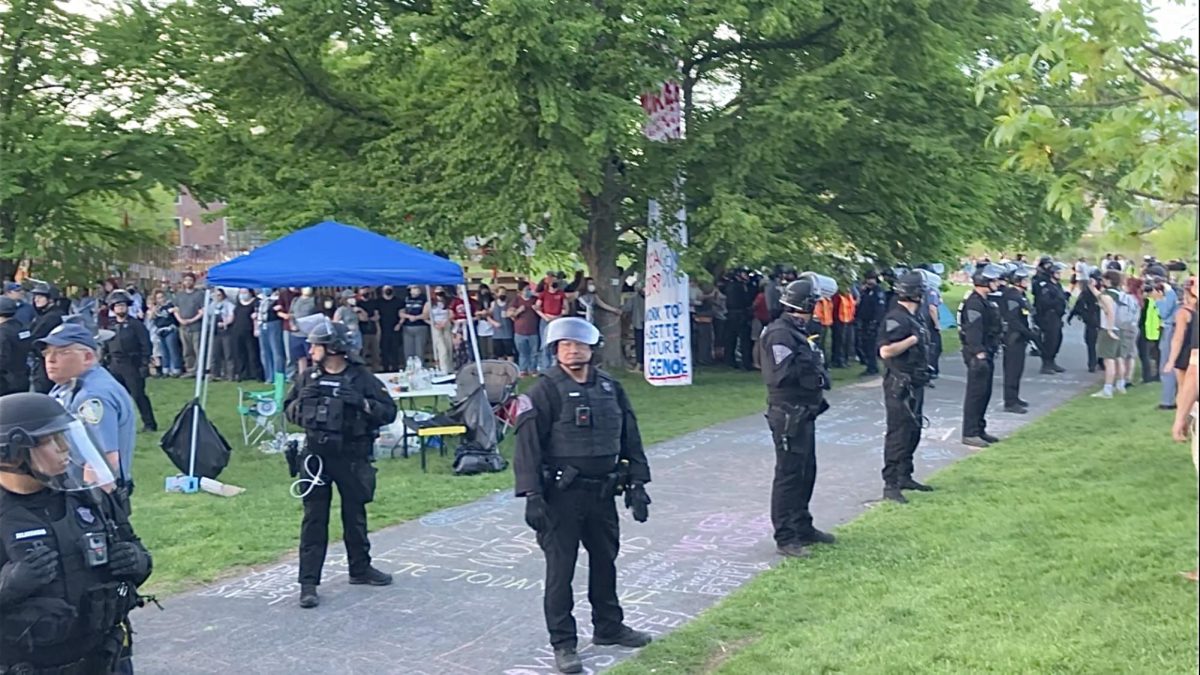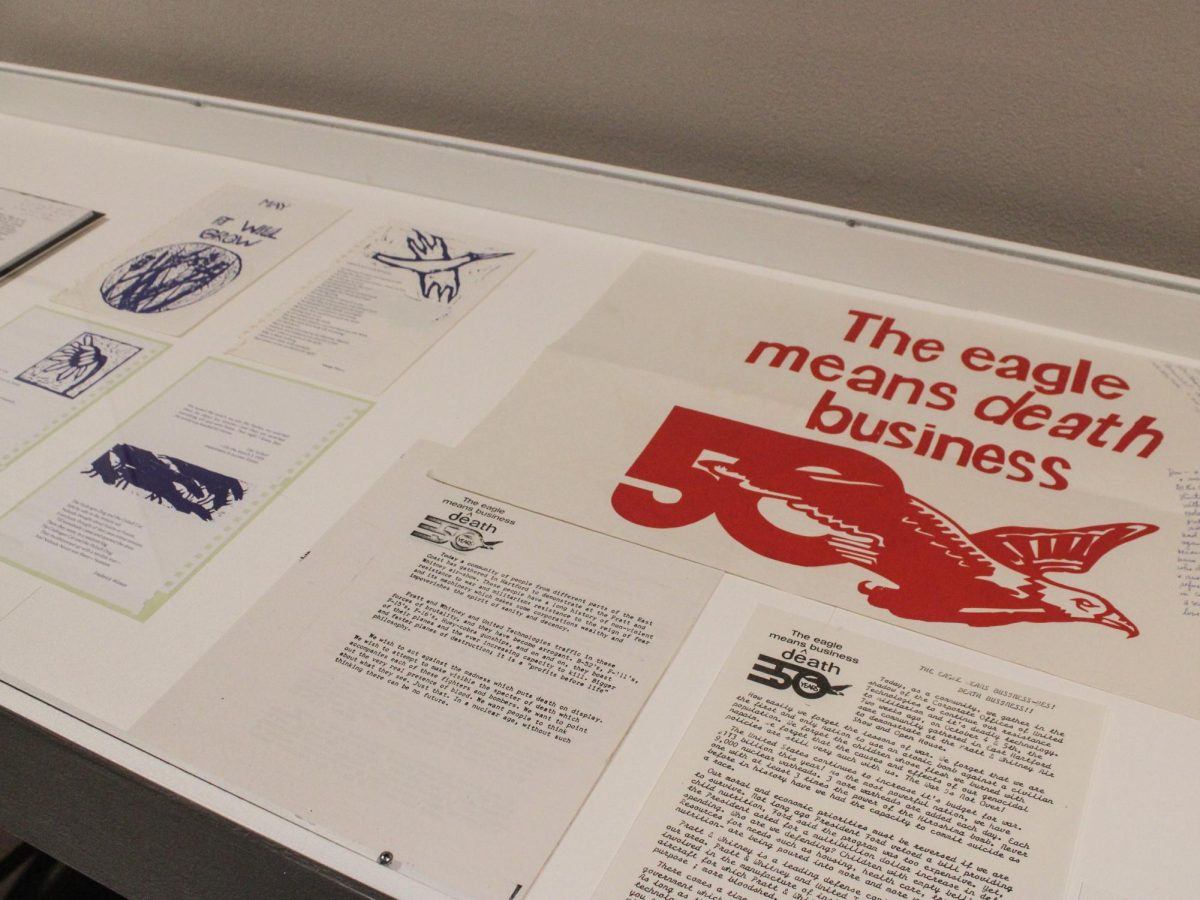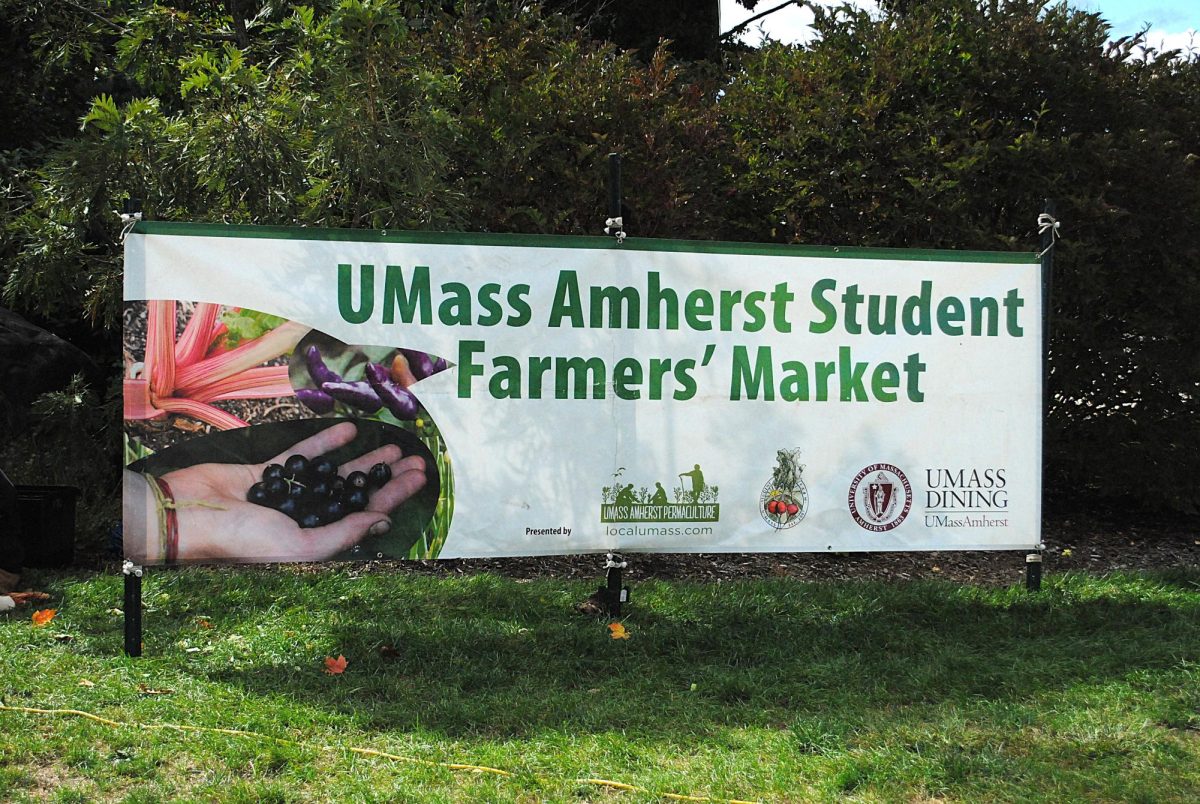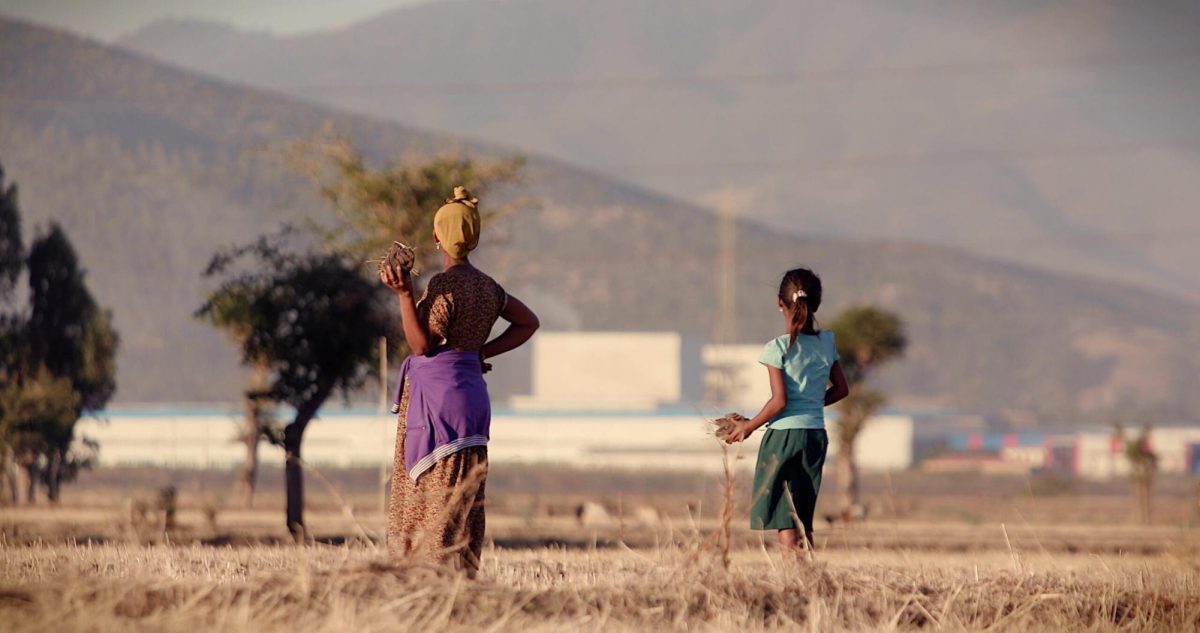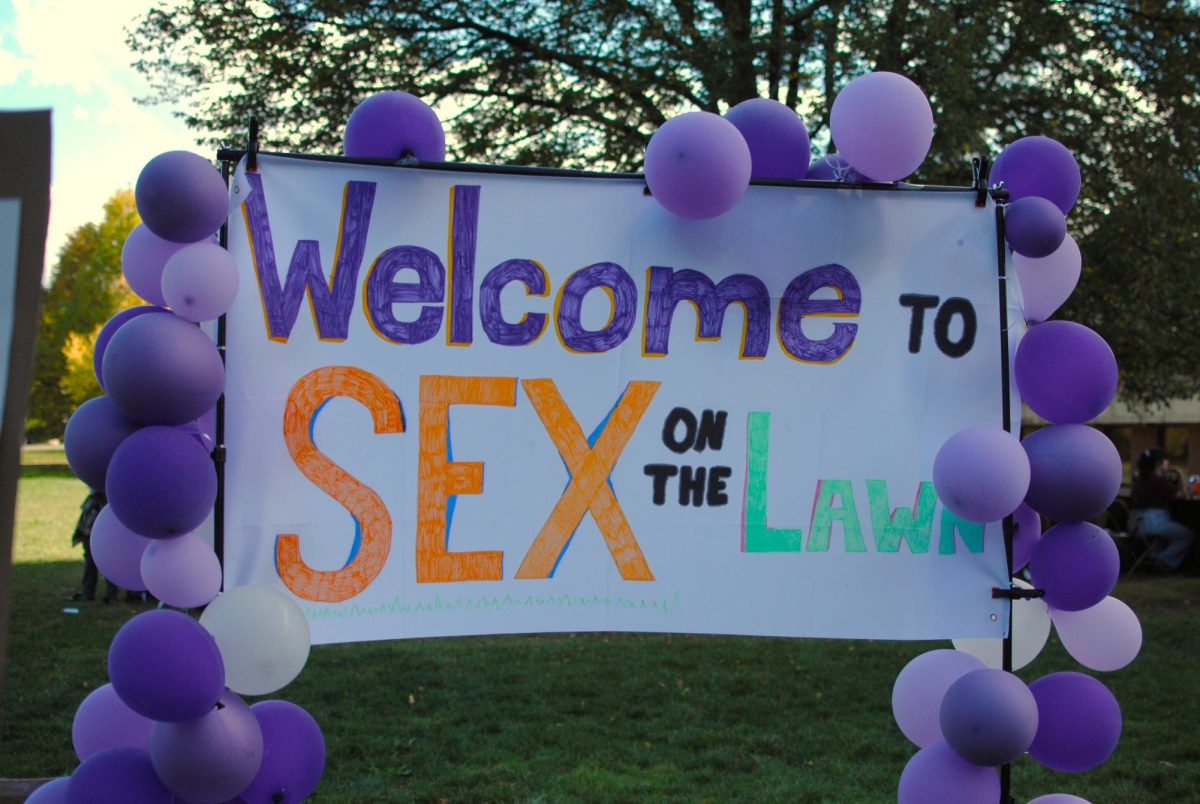This piece is being co-published with The Shoestring.
A Boston law firm’s review of UMass Amherst’s violent crackdown on a peaceful pro-Palestine encampment on May 7, 2024, cost the university $445,938.89, according to a university spokesperson.
The university first turned over the cost of the report to Kevin Young, a professor in UMass Amherst’s history department, who was one of the first demonstrators to be arrested at the encampment protest. The revelation comes exactly a year after the university called in militarized state police officers to dismantle the encampment, resulting in over 130 arrests.
The figure, which The Shoestring confirmed with Associate Vice Chancellor for News and Media Relations Emily Gest, contributes to the already costly fallout from the events of May 7. In October, The Shoestring reported that the police presence at the protest cost taxpayers over $100,000.
The law firm Prince Lobel Tye conducted the report, which offered some criticisms of the university’s response to the protests, suggesting that administrators could have taken a “more flexible and deliberative approach.” However, it ultimately determined that the university’s actions “were within the range of reasonableness.”
Young and others have slammed the report as incomplete and presenting soft criticisms of university leadership, who faced widespread condemnation from faculty, staff, students, and others in the wake of the protest crackdown. Yet Gest said the scope of the nearly half-million-dollar report “reflects the campus’ commitment to an honest, thorough, and fully independent evaluation of its actions.”
Around a month after the mass arrests of encampment protesters, Chancellor Javier Reyes revealed in an email to campus that the university was initiating an independent review of the “risk assessments and administrative decisions that ultimately resulted in police engagement” on May 7.
In the email, Reyes also revealed he was forming an independent task force to review and recommend changes to the university’s protest policies. The findings of the task force, published in October, were criticized by student and faculty activists for recommending more stringent protest policies and failing to respond to the concerns it was ostensibly meant to address.
Students, faculty, and staff held successful votes of no confidence in Reyes after the May 7 arrests. A Shoestring investigation of police officers’ body-cam footage from that night showed violent and derogatory police behavior toward protesters.
The independent review of the university’s actions was conducted by Ralph Martin, a partner at Prince Lobel Tye, who lists “white collar defense” as one of his practice areas. Martin is the former Suffolk County district attorney and former general counsel for Northeastern University, which Reyes cited as reasons for his selection.
On Jan. 16, almost six months after Reyes announced the independent review, he published Prince Lobel Tye’s findings in an email to the campus community.
The report was also made available on UMass Amherst’s “Campus Demonstrations and the War in Gaza” webpage, which appeared after a spike in student activism last academic year. The hyperlink to the report’s findings includes a caveat that “certain materials related to this review fall under attorney-client privilege.”
Young, who was interviewed by Prince Lobel Tye employees for the report, was highly critical of its conclusions, calling it a “superficial” account of the protest and its aftermath. On Jan. 24, he wrote a thorough rebuke of the report’s findings, arguing that Prince Lobel Tye ignored key testimony and evidence from him and others that would have cast the university in a negative light.
Eager to determine how much the report cost, Young requested a copy of UMass’s retainer agreement with Prince Lobel Tye under Massachusetts’s public records law in March. The university sent Young the full contract, but redacted the hourly rates for Prince Lobel Tye employees.
The university argued that the redactions were legal, as UMass was protected by attorney-client privilege, according to emails Young shared with The Shoestring.
After appealing the redactions to the Massachusetts supervisor of records, Young received an email from Gest revealing the $445,938.89 figure.
When asked by The Shoestring to confirm the figure sent to Young, Gest said it was accurate and provided a statement identical to the one she sent to Young.
“There’s an obvious disjunction between how Chancellor Reyes and others presented the report publicly and what their actual private understanding of the retainer agreement was,” Young told The Shoestring, arguing that the university deferring to attorney-client privilege shows that UMass sees Prince Lobel Tye not as a neutral, independent investigator, but as legal counsel hired to protect the administration’s interests.
“The problem wasn’t necessarily the lack of rigor in the investigation, but rather the politically predetermined conclusions of the report,” Young added.
In her email to The Shoestring, Gest described the report as fully independent.
“This process demonstrates our dedication to continual improvement and thoughtful reflection, as evidenced by the steps we’ve taken to initiate this review and implement meaningful changes across the campus,” Gest wrote.

